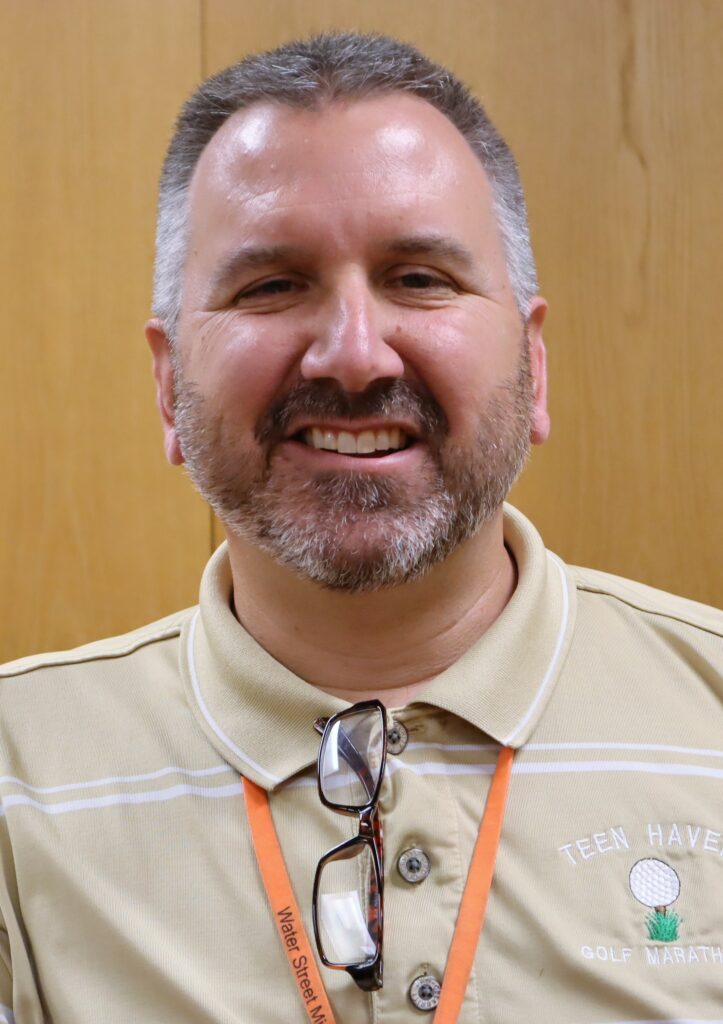Water Street Mission comes in for some sharp criticism in “People & Places,” the report on Binns Park released this week by Millersville University’s Center for Public Scholarship & Social Change.
That criticism, however, reflects “persistent misconceptions” about the institution, its executive director says.
With 76 beds, Water Street Mission is Lancaster’s largest shelter. But many Binns Park congregants dislike and distrust it, “People & Places,” says, in contrast with their positive view of the Lancaster County Food Hub’s shelter.
Asked for details, the report’s lead author, Millersville social work professor Jennifer Frank, said congregants take issue with Water Street’s strict schedule and its sex-segregated sleeping arrangements, which separate couples. They also complain it focuses more on their “personal and spiritual development” than practicalities such as housing and jobs.
The report calls for engaging Water Street in conversation about “best practices” and “effective approaches other programs are taking.”

Jack Crowley, the nonprofit’s executive director, said the congregants’ comments should not be accepted at face value.
For starters, he said, the notion that the mission forces its clients outside during the day is simply untrue: That policy was abandoned years ago, he said, and people are welcome to stay inside 24/7.
Many of the campus’ policies stem from necessity, he said. Staff need time to clean the shelter areas, dining hall and day shelter, so each area has to be closed off for part of the day. But there is always someplace indoors to go: When the emergency shelter closes in the morning, the dining hall opens; when the dining hall closes, the day shelter opens, and so on.
As for sleeping quarters, Water Street lacks the space for for private apartments, so arrangements have to be dormitory-style, sex-segregated for privacy and safety.
“Nobody likes to be told what to do. I get it,” he said, but the mission needs structure and order to operate safely.
As for its approach to clients’ lives and goals, the mission has two tracks that guests can elect after an initial seven-day stabilization period, he said.
One is a 60-day “shelter track” focused on housing and jobs. “If that’s what they want, that’s what we’re going to connect them to,” Crowley said.
The other, an indefinite-stay residential track, invites participants to “commit to transformation.”
That track employs a Christian worldview — “We are a Christian nonprofit,” Crowley said — but anyone is welcome, and people of all faiths and no faith have found it worthwhile, he said.
Participants develop individual action plans tailored to their needs, with components that can include counseling, treatment, and career and life skills training. People typically take 6 months to 18 months to graduate, but there’s no fixed time, Crowley said.






